As a BetterHelp affiliate, we receive compensation from BetterHelp if you purchase products or services through the links provided
Getting a good night’s sleep has become a luxury for many. With the bombardment of screens, stress, and irregular routines, the quest for quality rest seems more challenging than ever. Yet, the benefits of sound sleep are undeniable, impacting everything from mental clarity to physical health.
This guide offers a comprehensive look at how to enhance your sleep naturally, ensuring you wake up feeling rejuvenated and ready to tackle the day ahead.
Natural Tips for Better Sleep
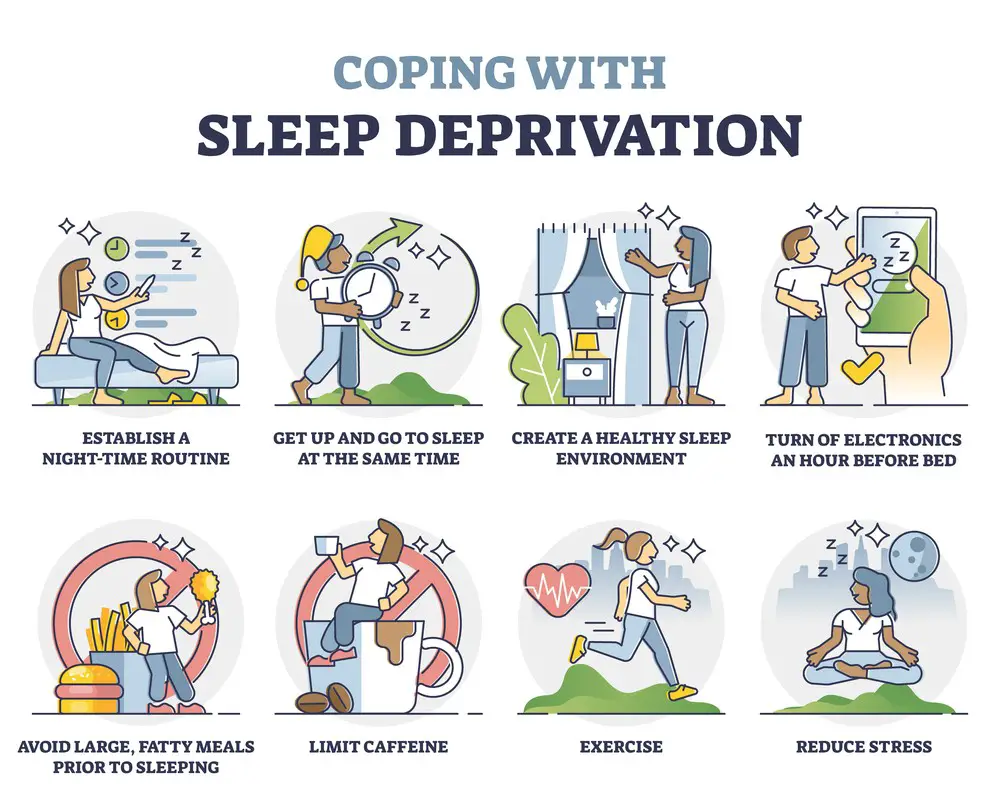
Achieving better sleep doesn’t necessarily require medication or expensive therapies. Simple adjustments to your lifestyle and environment can significantly improve the quality of your rest. Let’s explore some effective natural strategies to encourage better sleep.
Establish a Consistent Sleep Schedule
Your body is meant to be routine. Maintaining a regular sleep and wake-up schedule, even on weekends, regulates your body’s internal clock. This regularity can assist you in falling asleep and staying asleep during the night by supporting your body’s natural sleep-wake cycle.
Create a Restful Environment
Your bedroom ought to be a haven for rest. Make sure it’s dark, quiet, and at a cozy temperature. Use blackout curtains, eye masks, earplugs, or white noise machines to block out light and noise. Purchasing cozy pillows and mattresses can also greatly impact how well you sleep.
Limit Exposure to Screens
The generation of melatonin, a hormone that promotes sleep, can be interfered with by the blue light emitted by phones, tablets, and laptops. Develop the routine of shutting off electronics at least one hour before going to bed. Instead, think about soothing pastimes like reading a book or having a warm bath that don’t require screens.
Mind Your Diet
What you consume before going to bed might impact your sleep. Avoid heavy meals, caffeine, and alcohol right before bed. Alcohol and caffeine can cause sleep disturbances and restless nights. If you’re hungry right before bed, go for a tiny bowl of cereal or fruit as a light snack.
Exercise Regularly
Engaging in physical activity can facilitate a quicker and more restful sleep. But timing is crucial. Too much exercise right before bed can stimulate you and prevent you from falling asleep. Any strenuous activity should ideally be finished a few hours before you intend to turn in for the night.
Manage Stress

A mind that’s racing with thoughts and worries can make it difficult to sleep. Techniques such as deep breathing, meditation, and journaling can effectively manage stress before bedtime. Establishing a pre-sleep routine that includes such relaxing activities can signal to your body that it’s time to wind down.
Integrating these natural tips into your daily routine allows you to set the stage for improved sleep quality. Remember, consistency is key. These changes might take some time to impact your sleep patterns, but the benefits to your overall health and well-being are well worth the effort.
Improving Sleep Quality: Effective Methods
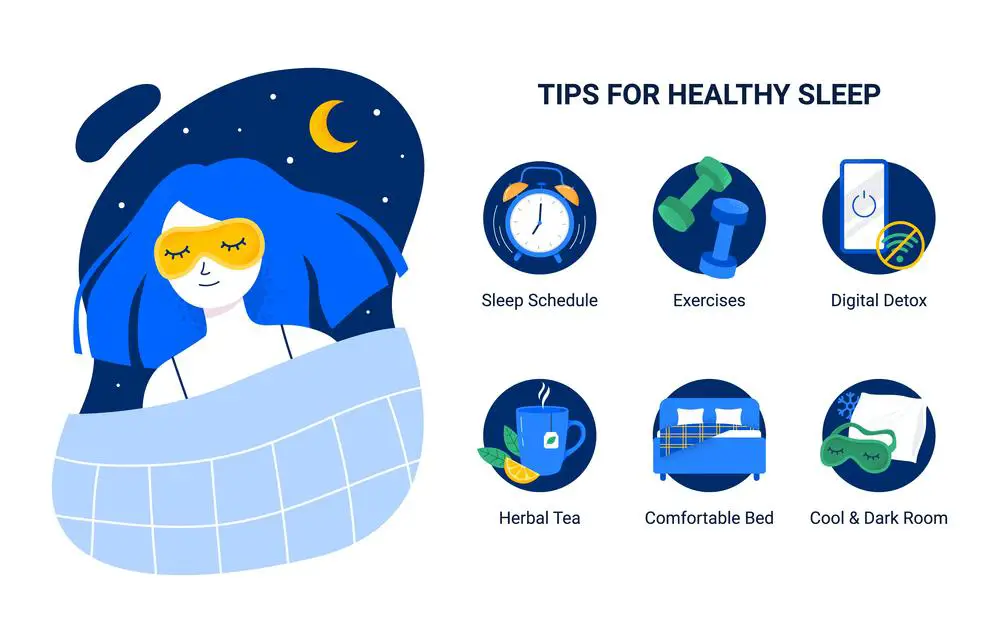
Enhancing the quality of your sleep goes beyond merely increasing the hours you spend in bed. It involves making sure that the sleep you get is genuinely restorative and refreshing.
Here are some effective methods to improve your sleep quality, ensuring you wake up feeling more rested and energized.
Practice Relaxation Techniques
Engaging in relaxation techniques before bed can significantly improve your sleep quality. Methods such as yoga, mindfulness meditation, and progressive muscle relaxation can reduce stress and promote a sense of calm, making it easier to fall asleep and improve the quality of your sleep.
Adding breathing exercises to your pre-sleep routine can further enhance relaxation. Taking deep, slow breaths can help lower your heart rate and prepare your body for sleep. Incorporating a regular schedule for these activities can train your body to recognize when it’s time to wind down, making the transition to sleep smoother and more natural.
Optimize Your Sleep Environment
The environment in which you sleep plays a crucial role in how well you sleep. Make sure your bedroom is conducive to sleep by keeping it cool, ideally between 60-67 degrees Fahrenheit (15-19 degrees Celsius). Consider using aromatherapy with lavender or other calming scents to create a more relaxing atmosphere.
Ensuring your sleeping area is free from noise and light pollution can also significantly enhance sleep quality. Blackout curtains or a sleep mask can block out unwanted light, while white noise machines or earplugs can mitigate the impact of external sounds.
The quality of your mattress and pillows should not be overlooked; investing in comfortable, supportive bedding can make a considerable difference in sleep quality.
Pay Attention to Your Sleep Position
Your sleeping position can affect how well you sleep and how you feel when you wake up. Try different positions to see which provides the most comfort and support. Generally, sleeping on your back is considered the best position for spinal alignment, but the most important thing is to ensure whatever position you choose doesn’t cause discomfort.
For those experiencing back pain, placing a pillow under the knees when sleeping on the back, or between the knees when on the side, can provide additional support and alleviate discomfort. Experimenting with pillow placement and firmness can also aid in finding the optimal sleeping position that promotes uninterrupted sleep.
Limit Daytime Naps
Even though taking long or sporadic naps during the day can help you catch up on lost sleep, doing so can have a negative impact on your quality of sleep at night. If you decide to nap, don’t nap for longer than 20 to 30 minutes, and don’t nap in the middle of the day.
Your body’s internal clock can be regulated by following a regular sleep pattern, which will make it simpler to go to sleep and wake up at the same times every day. This regularity helps you sleep closer to your body’s circadian cycles, which enhances the quality of your sleep by decreasing the need for naps during the day.
Consider Your Intake of Stimulants and Sedatives
Caffeine and nicotine are stimulants that can interfere with your ability to fall asleep. Try to avoid their consumption in the hours leading up to bedtime. Similarly, while alcohol might help you relax, it can interfere with your sleep cycle once you’re asleep, reducing the quality of your rest.
Incorporating a balanced diet that includes sleep-promoting foods, such as those rich in magnesium, potassium, and tryptophan, can also contribute to improved sleep quality. Avoiding heavy meals and large quantities of liquids before bedtime can prevent sleep disturbances and make it easier to stay asleep throughout the night.
How to Sleep Longer and Wake Up Refreshed

Getting enough sleep is just as important as the quality of that sleep. Here are strategies to help you extend your nighttime rest and wake up feeling refreshed.
Set a Sleep Goal
Determine the amount of sleep you need to feel rested (usually 7-9 hours for adults) and plan your bedtime accordingly. If you need to wake up at 6 a.m., aim to be in bed by 10 p.m. if you’re targeting eight hours of sleep.
Use the Power of Light
Light influences your body’s internal clock, which regulates sleep and wakefulness. Exposure to natural sunlight in the morning to help wake up your body. In the evening, avoid bright lights to signal to your body that it’s time to wind down.
Wind Down Before Bed
Develop a pre-sleep routine to help your body transition to sleep. This could include activities like reading, taking a bath, or listening to calm music. The key is to perform these activities away from the stimulating glow of screens.
Be Mindful of What You Eat and Drink
Avoid heavy or large meals within a couple of hours of bedtime. Discomfort from eating might keep you up. Also, drinking too many fluids before bed can result in frequent bathroom trips throughout the night.
Wake Up at the Same Time Every Day
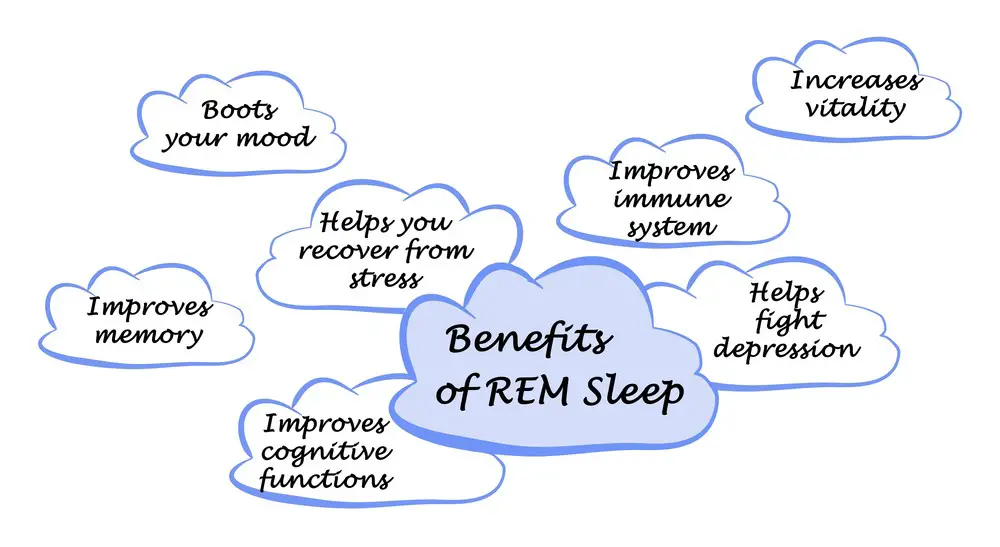
Just as a consistent bedtime is important, waking up at the same time each day can help regulate your body’s clock and improve the quality of your sleep over time. Resist the temptation to sleep in on weekends; consistency is crucial for long-term sleep health.
Implementing these strategies can not only help you sleep longer but also ensure that the sleep you get is genuinely refreshing. Remember, improving sleep is a gradual process that requires consistency and patience.
Enhancing Sleep: Top Strategies
Incorporating advanced strategies can make a significant difference in enhancing your sleep quality further. Here are some top methods shown to impact sleep health and lead to more restorative rest.
Upgrade Your Sleep Gear
Investing in high-quality sleep gear, such as mattresses, pillows, and bedding, can drastically improve your sleep comfort and, consequently, your sleep quality. Look for materials that suit your preferences, support your sleeping position, and maintain a comfortable temperature throughout the night.
Mindful Eating and Drinking Habits
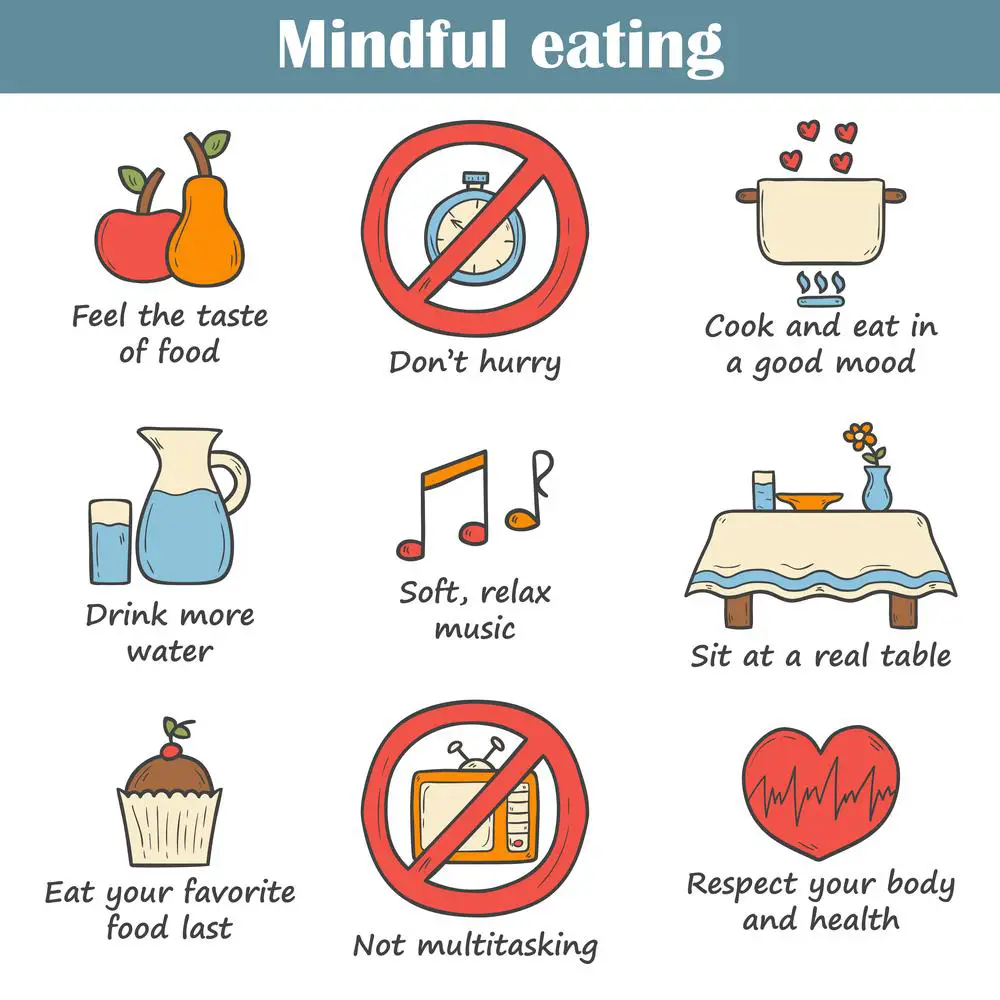
What you consume can have a profound effect on your sleep quality. Try incorporating foods rich in magnesium, like almonds and spinach, or foods that contain melatonin, such as cherries, into your diet. These nutrients can naturally promote sleep. Additionally, limit caffeine intake to the morning hours and minimize heavy or spicy foods in the evening.
Implement a Digital Detox
Reducing screen time in the evening can significantly improve your sleep quality. The blue light from screens can inhibit melatonin production, the hormone responsible for regulating sleep. Aim to turn off all digital devices at least an hour before bedtime and consider using blue light filters on your devices if you must use them in the evening.
Develop a Pre-Sleep Ritual
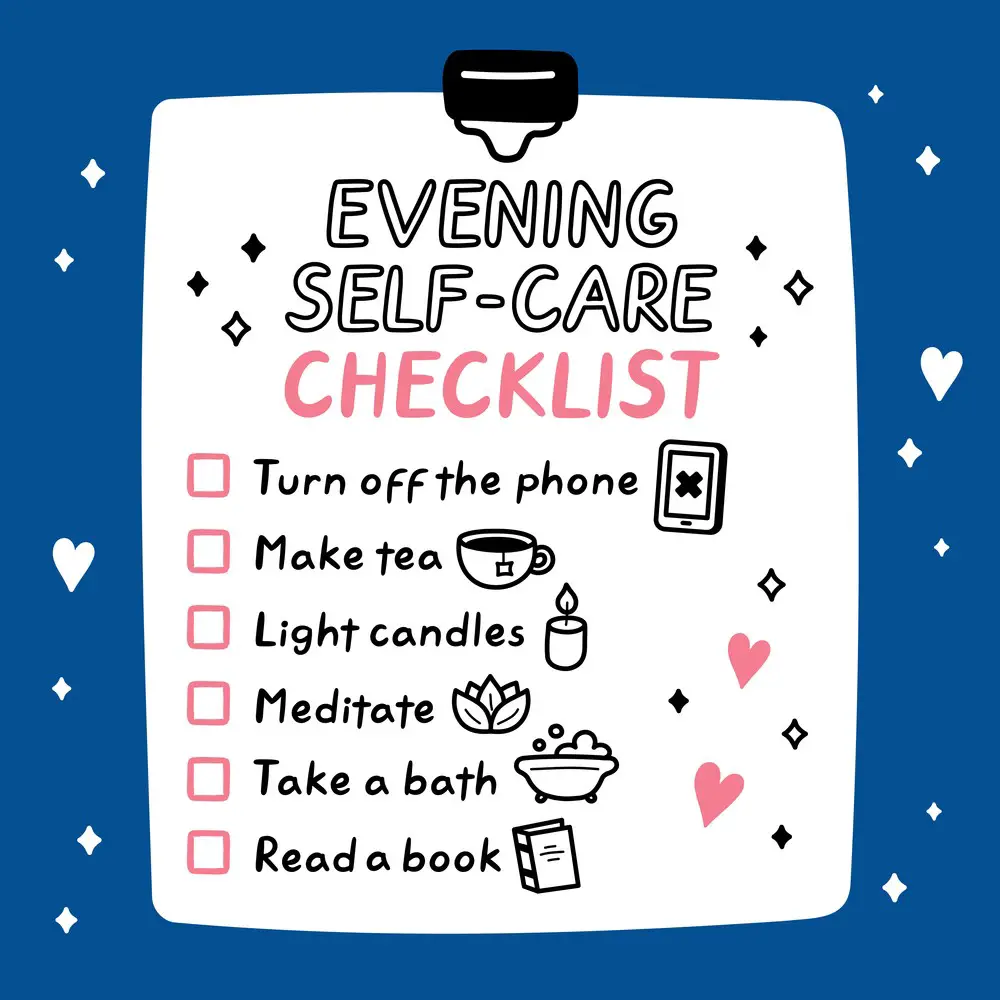
Creating a bedtime ritual can signal to your body that it’s time to wind down and prepare for sleep. This could include activities like gentle stretching, deep breathing exercises, or listening to soothing music. Establishing such rituals can help ease the transition into sleep.
Keep a Sleep Diary
Tracking your sleep patterns and habits can provide valuable insights into what positively or negatively affects your sleep. Note details such as your bedtime, wake-up time, total sleep hours, quality of sleep, and any disturbances. Over time, this record can help you understand and optimize your sleep practices.
Achieving the Best Sleep: Expert Advice
Expert advice can offer nuanced guidance for those seeking to achieve the highest quality of sleep. Here are key pieces of wisdom from sleep specialists.
Consistent Sleep-Wake Cycle
Experts stress the crucial importance of maintaining a regular sleep-wake cycle. Maintaining a consistent sleep schedule, even on weekends, can help you better manage your body’s internal clock and get more restful sleep.
Understand Your Sleep Needs
Recognize that individual sleep needs vary. Most adults require 7-9 hours of sleep per night, but understanding your body’s unique needs can help you adjust your schedule for optimal rest.
Prioritize Sleep
In a culture that often celebrates busyness, it’s crucial to prioritize sleep as a vital component of health and well-being. Avoid sacrificing sleep for work or leisure activities.
Seek Professional Help When Necessary

If you’ve tried various strategies and still struggle with sleep, it might be time to consult a sleep specialist. Conditions such as insomnia, sleep apnea, and restless legs syndrome can significantly impact your sleep quality and require professional intervention.
Practice Mindfulness and Stress Management

High stress levels can be one of the biggest barriers to good sleep. Engaging in mindfulness, meditation, or stress-reduction techniques can improve sleep and enhance overall health.
Incorporating these strategies and heeding expert advice can significantly improve the quality and quantity of your sleep. Remember, achieving optimal sleep is a journey that involves regular reflection and adjustment based on what works best for you.
Tips for a Good Night’s Sleep
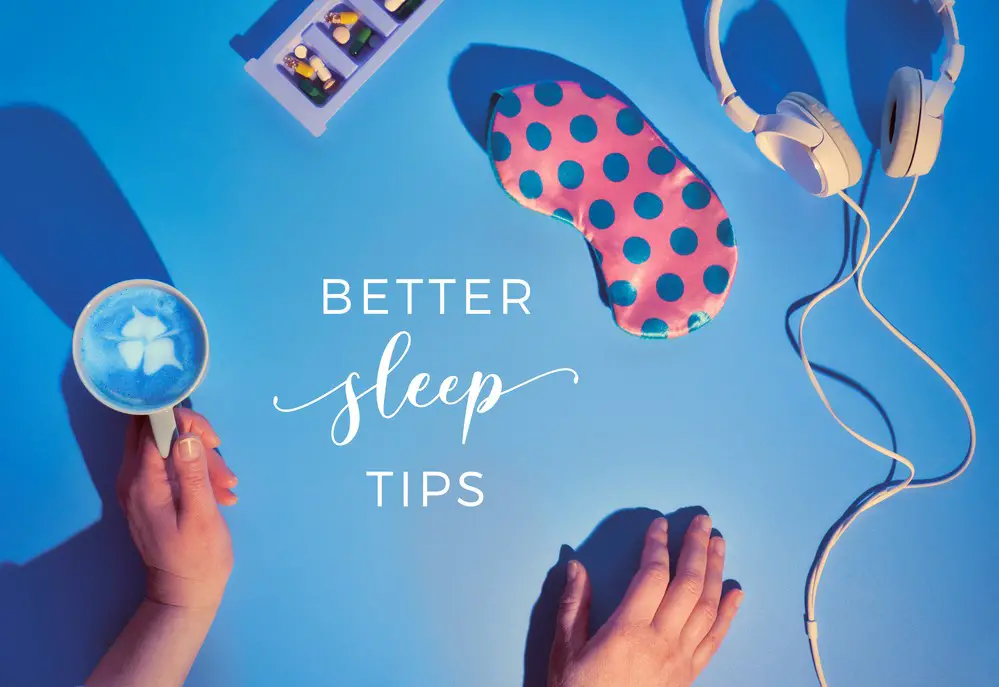
Achieving a good night’s sleep is essential for overall health and well-being. Here are practical tips to help you enjoy restful sleep night after night.
Set the Stage for Sleep
Begin with your environment. Ensure your bedroom is used primarily for sleep and intimacy. This helps your brain associate the space with relaxation. Remove work materials, electronics, and other distractions from the bedroom.
Keep It Cool
Thermoregulation plays a significant role in sleep quality. A slightly cooler room, around 65 degrees Fahrenheit (18 degrees Celsius), is optimal for sleeping since it supports the body’s natural drop in temperature associated with sleep onset.
Limit Caffeine and Nicotine
Both caffeine and nicotine are stimulants that can interfere with your ability to fall asleep. Avoid consuming them for at least four to six hours before bedtime to give your body time to process these substances.
Establish a Pre-Bedtime Routine
Before going to bed, try doing a relaxing exercise to help your body tell you it’s time to relax. Activities such as reading, having a warm bath, or using relaxation techniques could fall under this category. The secret is to be consistent and permit oneself to relax bit by bit.
Be Mindful of Your Sleep Position
Your sleeping posture can affect how well you sleep and how you feel in the morning. Experiment with different positions to find one that supports your body’s needs. Using additional pillows can help maintain alignment and prevent pain or discomfort.
Sleeping Better at Night: Easy Techniques

Sometimes, it’s the simple changes that make the biggest difference. Here are some easy-to-implement techniques that can significantly enhance your sleep quality.
Power Down the Screens
Reduce exposure to blue light from screens at least an hour before bedtime. The blue light emitted by phones, tablets, and computers can disrupt your circadian rhythm and suppress melatonin production, making it harder to fall asleep.
Embrace the Darkness
Make your bedroom as dark as possible. Use blackout curtains, shades, or an eye mask to block light, which can interfere with your sleep cycle. Even small amounts of light from digital devices can disrupt your ability to fall and stay asleep.
Sound Considerations
If noise disrupts your sleep, consider using a white noise machine, a fan, or earplugs to create a more consistent auditory environment. These can help mask disruptive noises like traffic, barking dogs, or snoring.
Stay Hydrated, But Not Too Much
Staying hydrated is important for overall health, but drinking too much right before bed can lead to frequent waking for bathroom trips. To minimize disruptions, try to limit fluids 1-2 hours before going to bed.
Get Active During the Day
Regular exercise can help you sleep deeper and fall asleep more quickly if it’s not done too soon before bed. If you want to prevent energizing your body right before bed, try scheduling your morning or early afternoon workouts.
Incorporating these tips and techniques into your routine can create a conducive environment for restful sleep. Remember, consistency is key, and small adjustments can significantly improve your sleep quality.
Boosting Sleep Quality Naturally
Enhancing sleep quality doesn’t always require medical intervention. Natural methods can effectively promote restful sleep and improve your overall sleep experience. Here are some strategies to boost your sleep quality naturally.
Embrace the Power of Plants
Certain plants and herbs have been known for their sleep-promoting properties. Consider incorporating chamomile tea, valerian root, or lavender into your evening routine. Chamomile tea, for example, has calming effects that can facilitate sleep, while the scent of lavender has been shown to lower heart rate and blood pressure, potentially aiding in a deeper sleep.
Opt for Natural Sleep Aids
In addition to herbs and plants, some dietary supplements like melatonin, magnesium, and omega-3 fatty acids can improve sleep quality. Melatonin supplements can be particularly helpful for those struggling with sleep onset, as they help regulate the sleep-wake cycle. However, it’s essential to consult with a healthcare provider before starting any supplement, especially if you have existing health conditions or are taking other medications.
Prioritize Natural Light Exposure
Natural light plays a crucial role in regulating our sleep-wake cycle. Exposure to sunlight, especially in the morning, can help normalize your circadian rhythm, improving your daytime alertness and sleep quality at night. Try to spend time outside in natural light or sit by a window during daylight hours.
Practice Mindful Breathing or Meditation
Mindfulness practices, including meditation and mindful breathing, can reduce stress and anxiety, making falling and staying asleep easier. These practices can be done before bed as part of your winding-down routine or anytime during the day to manage stress levels.
Engage in Gentle Evening Physical Activity
While vigorous exercise close to bedtime can be stimulating, gentle physical activities like yoga or a leisurely walk can help prepare your body for sleep. These activities can reduce stress and promote relaxation, making it easier to transition to sleep.
Effective Strategies for Quality Rest: Enhancing Your Sleep Naturally

Sleep is as crucial to our health as diet and exercise, yet many struggle to get enough. A good night’s sleep has become a rarity rather than the norm in our fast-paced world. Here are some practical and natural strategies to enhance your sleep quality, ensuring you wake up rejuvenated and ready to face the day.
Establish a Consistent Sleep Schedule
- Regularity is Key: Go to bed and wake up simultaneously every day, even on weekends. This consistency reinforces your body’s sleep-wake cycle.
- Avoid Sleeping In: Try to get up at the same time every day, even on days off. If you need to catch up on sleep, opt for a daytime nap rather than sleeping late.
Optimize Your Sleep Environment
- Cool, Dark, and Quiet: Keep your bedroom cool, free from noise, and as dark as possible. Consider using blackout curtains, eye masks, and earplugs.
- Invest in Quality: Ensure your mattress and pillows are comfortable and supportive. The right bedding can significantly impact the quality of your sleep.
Mind Your Intake Before Bed
- Watch Your Diet: Avoid heavy or large meals within a few hours of bedtime. Try to limit caffeine and nicotine, which can disrupt sleep.
- Limit Liquids: Reduce fluid intake before bed to minimize nighttime trips to the bathroom.
Create a Pre-Sleep Routine
- Wind Down: Spend the last hour before bed doing calming activities such as reading, listening to soothing music, or practicing relaxation exercises.
- Screen Time: Turn off electronic devices at least an hour before bedtime to avoid the stimulating effect of blue light.
Manage Stress
- Relaxation Techniques: Incorporate meditation, deep breathing, or yoga to help manage stress and calm your mind.
- Prepare for Tomorrow: Before bedtime, address any concerns or tasks for the next day to avoid stress and worries that can keep you awake.
Be Strategic About Napping
- Keep Naps Short: If you nap during the day, limit yourself to 20-30 minutes to avoid affecting your nighttime sleep.
- Early in the Day: Nap early in the afternoon to minimize disruptions to your nighttime sleep schedule.
Exercise Regularly
- Timing Matters: Engage in regular physical activity but avoid being active too close to bedtime. Exercise stimulates the body and can make it difficult to fall asleep if done late in the day.
- Types of Exercise: Activities like yoga or gentle stretching in the evening can help promote sleep.
Evaluate Your Sleep
- Keep a Sleep Diary: Track your sleep patterns to identify habits or activities that might affect your sleep. Note when you go to bed, how long it takes to fall asleep, and how you feel in the morning.
- Adjust as Needed: Use the insights from your sleep diary to adjust your sleep habits. Continually refining your routine can lead to better sleep.
Commit to Better Sleep
Improving your sleep quality requires a commitment to change and consistency in your habits. While it might take some time to see improvements, the benefits of good sleep are worth the effort. Remember, sleeping well is not a luxury—it’s a necessity for good health and well-being. Start tonight by implementing these strategies and enjoy the profound benefits of restful sleep.
!
- Stress Management: What is the Relationship Between Stress and Addiction? - June 28, 2024
- Exploring Techniques to Maintain a Healthy Lifestyle without Drugs - May 28, 2024
- How Acupuncture Helps Treat Chronic Fatigue Syndrome - May 28, 2024
This site contains affiliate links to products. We will receive a commission for purchases made through these links.



